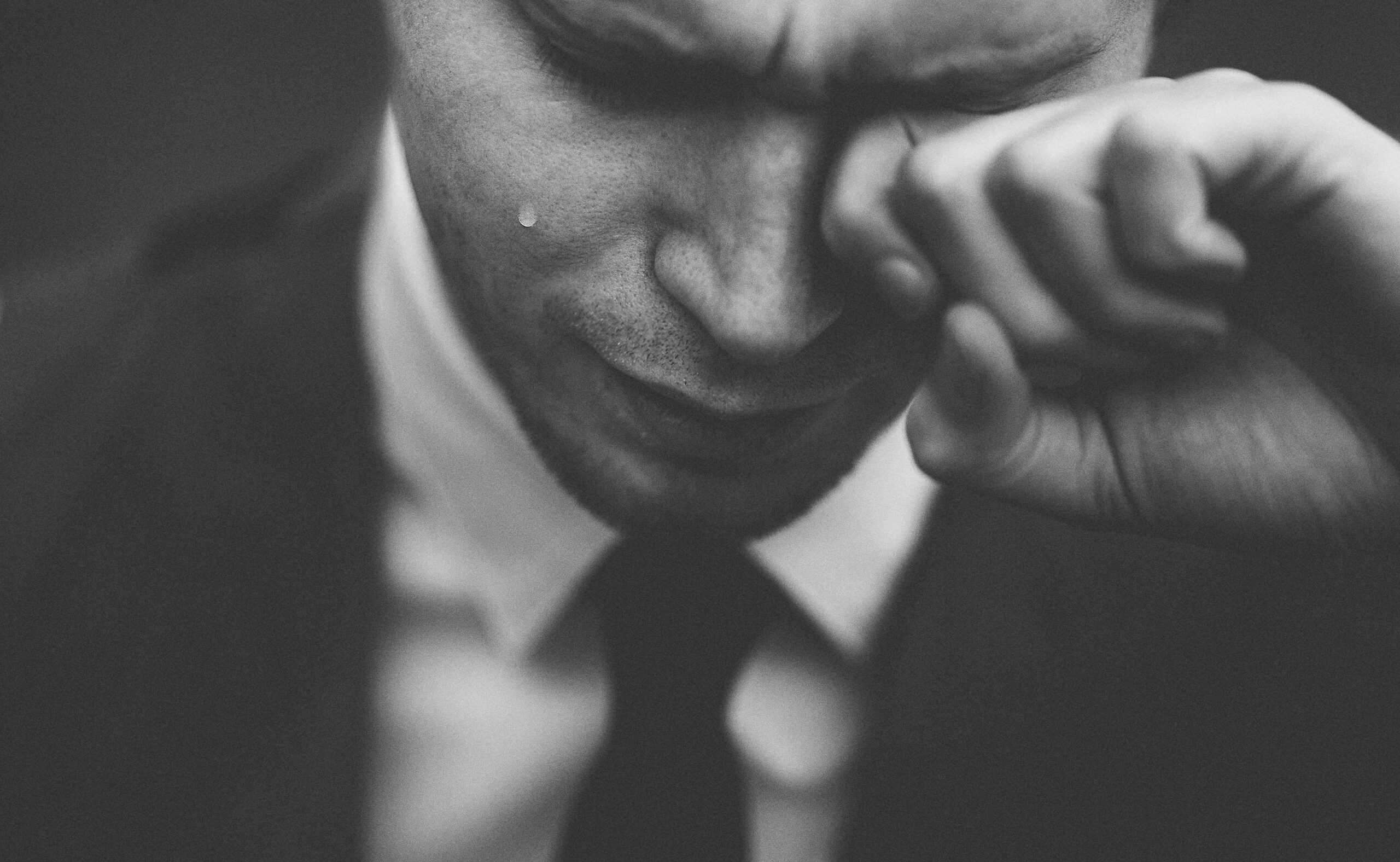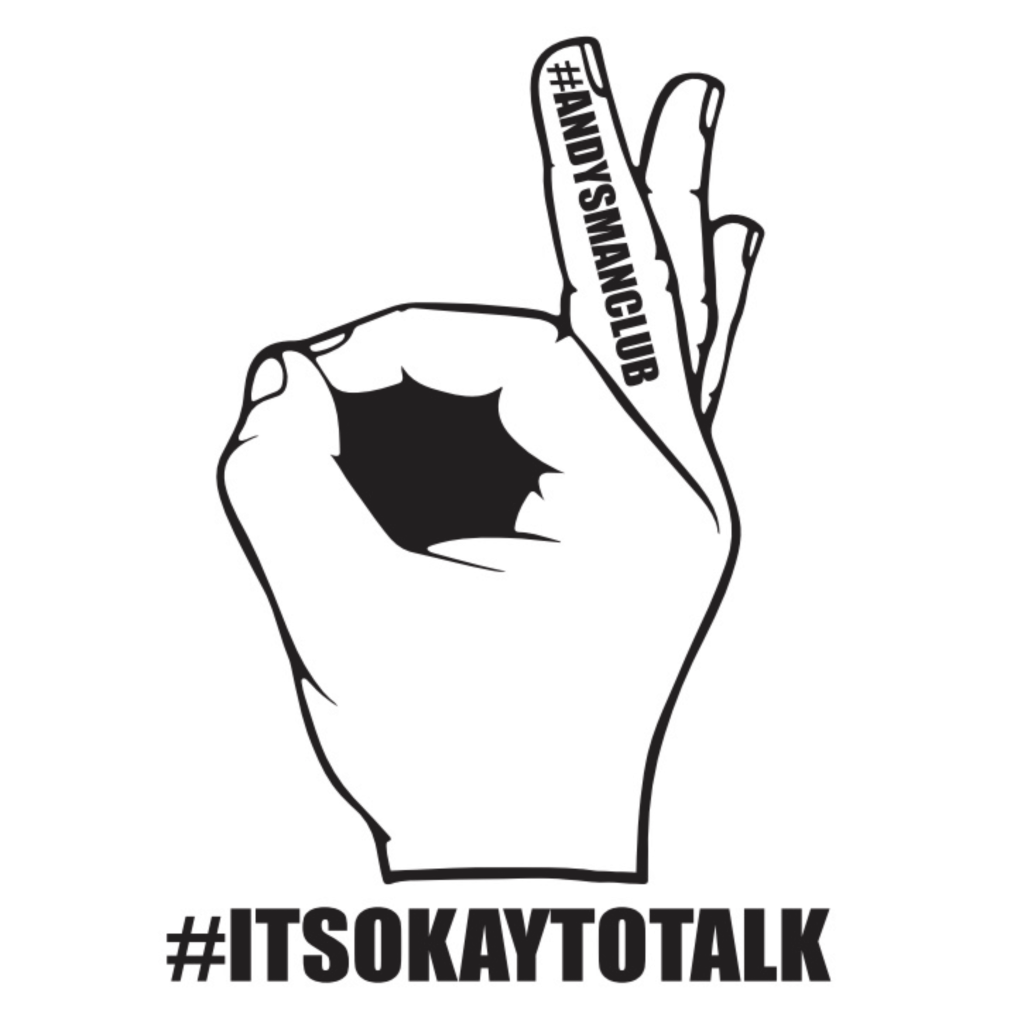and the Long-term Cost to Men
The Stigma Around Men Crying
From an early age, boys are told not to cry. “Man up.” “Don’t be soft.” “Stop the waterworks.” The message is clear: male tears are not welcome.
By adulthood, many men have internalised this script. They swallow grief, mask pain with anger or disappear into silence. Tears become shameful, a sign of weakness and a threat to their perceived sense of masculinity.
But what happens when we deny men the most human of responses to hurt and overwhelm? The cost runs deep – in relationships, in health and in men’s ability to process difficult experiences.
Why Tears Matter for Mental Health
Crying is not just emotional release. Tears help us regulate stress, soothe our nervous system and also invite us in to connection. They are a mechanism to help signal to others that we need care.
Research shows that tears are only truly beneficial when they are met with kindness and empathy. If someone responds with ridicule, dismissal or disgust, as happens to men from a very early age, the effect reverses. Stress increases and the pain actually deepens.
For men, this is especially harmful. If a man risks showing tears and is shamed, the lesson is brutal: never again. Over time, emotional expression shuts down and isolation takes its place.
The Hidden Impact of Repressed Tears
When men suppress tears, they often redirect the emotion elsewhere. Anger replaces sadness. Numbness covers fear. Work, alcohol or distraction become coping strategies.
But what is buried does not vanish. Repressed emotion leaks into the body, fuelling anxiety, depression, high blood pressure or chronic stress. Relationships also suffer when men feel unable to show vulnerability. Friends and loved ones may experience them as increasingly distant or emotionally unavailable.
The silence around male tears reinforces the idea that men should cope alone. This belief is one of the strongest barriers to men seeking therapy or support when they need it most.
Reclaiming the Right to Cry
Allowing men to cry does not make them fragile – it makes them human. Tears are part of emotional honesty, a signal that something matters.
Reframing male tears begins with cultural change: shifting the way we respond. When a man cries and receives empathy, it rewires the script. Instead of shame, he feels seen. Instead of weakness, he feels connection.
This is not just about individual healing but about challenging the broader culture that keeps men locked in silence.















